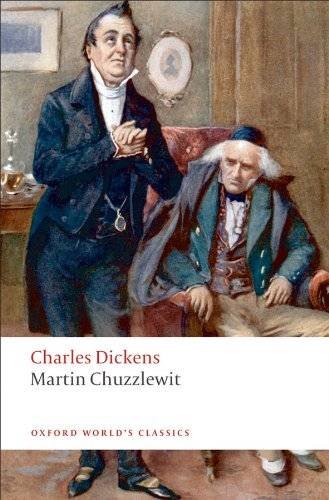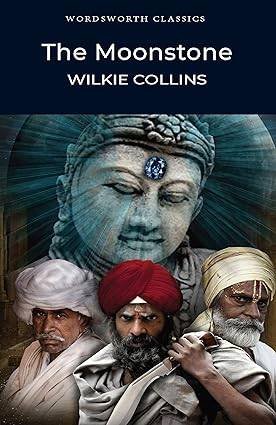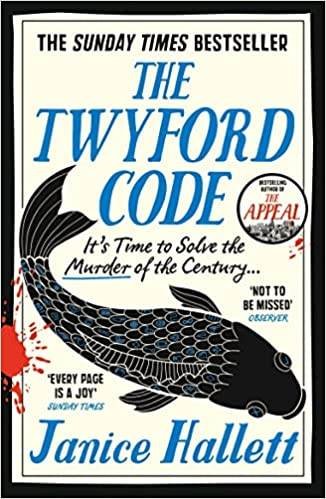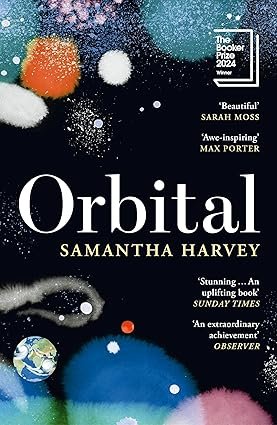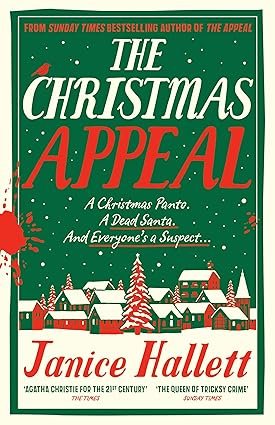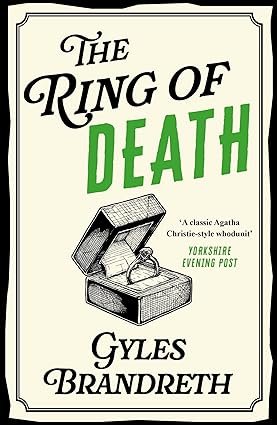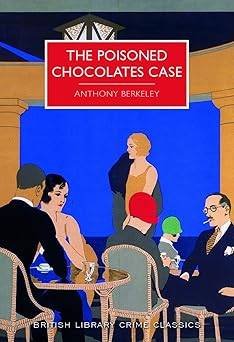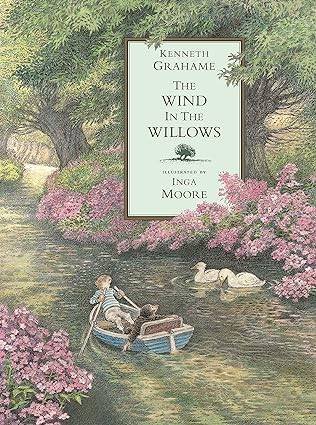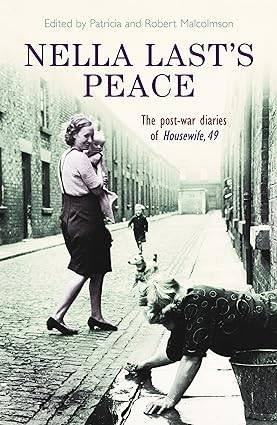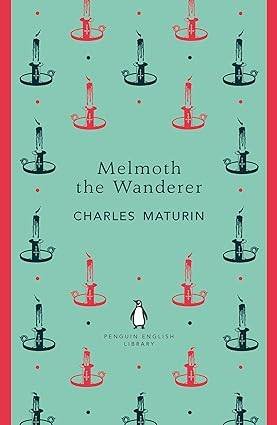Home » Book Reviews » Maggie O'Farrell » I Am, I Am, I Am by Maggie O’Farrell
Possible spoilers ahead
I’m quite intrigued by what this book will be like. The title I Am I Am I Am is quite unusual, and the subheading of Seventeen Brushes With Death really does sound dramatic! It’s apparently a memoir written through near-death experiences, wow, that does sound an interesting and very different idea. I’ve not read much from this author before, only her book Hamnet actually, which was very memorable (and also felt quite unusual, so I wonder if she specialises in viewing subjects in an unusual way, which then makes great reading), so I’m keen to see what this unusual book will be like. Grab your copy and let’s read it together!
Omg, the first story is really gripping and I was quite tense reading it with the man who met her on the lonely country path, and I can’t stop the thought going round in my mind now of how the other women could have been saved from harm if the police had listened to the author when she first reported him. I think I found the final story the most gripping though, with her daughter and her allergies and eczema (although it seems odd to talk about my potentially ‘favourite’ story, as these are all traumatic events that the author is relating, so it feels wrong to think of it as entertaining!), this story felt the most real and powerful to me, and made me wonder if this was the story that the author actually really wanted to tell and then she thought about including the other stories as well, as I kind of feel like the whole book could have been about just this one story as it is so powerful. And funnily enough, I was actually thinking partway through this book that it would have been interesting to have had the book (or at least some of the stories) written by her parents as (and I sound very macabre here, but I don’t mean to be…!) they could then relate their feelings at seeing their daughter (Maggie) recovering from dangerous situations or seriously ill, and their agony of trying to face the fact that she might die and that even as her parents they can’t save her themselves and are reliant on others’ skill or on fate, I was kind of feeling that this would give a possibly even more fascinating perspective to the stories with the feelings of powerless and lack of control added to it, as even though it’s the author going through each event she sometimes has control to an extent (having often put herself in that situation). But this story about the author’s daughter is from the parent’s perspective, and I think this is perhaps why I find it the most powerful of all of the stories. It was very poignant when the author said she’d gladly take the life-threatening disease from her daughter and suffer it herself, and that also made me wonder if this is why it’s the final story as the author wanted to emphasise that all the drama and danger she had gone through in her life was nothing compared to seeing her daughter going through drama and danger.
I have been thinking a great deal about this book, whilst I have been reading it and now I’ve finished it, especially looking at how it made me feel and question things and then revise my questions! It’s definitely a very powerful book, and I’ve wondered a lot quite what the author’s aim was in writing it, was it to remind the reader to appreciate life or to educate the reader about potentially dangerous situations that they could then avoid or to increase awareness in the reader of certain topics, or was it almost like a kind of therapy for the author to work through her feelings and memories of these huge events? The miscarriage story seemed the closest (I felt) to her potentially raising awareness as she seemed keen to try and make the reader understand the feelings of a person going through this situation, and it felt very personal.
I also wondered how the author chose the order of the stories (apart from my assumption that the final story is perhaps in that place because it emphasises that nothing the author has suffered is as traumatic as watching her daughter suffer). It’s not chronological (which I’d have thought would be the obvious choice), I then wondered if the stories were told in order of the body parts affected (eg with the first story being about the neck, and she would then work her way down the body) but I soon saw that wasn’t the case, perhaps it’s in order of what she viewed as the most dramatic and most life-threatening, or perhaps in the order of which has affected her the most either mentally or physically? Or (and I’m hoping I’m wrong on this, as it seems a boring and cynical reason!) did the publishers choose the order basing it on how they thought the reader would be gripped, so the first story was chosen to go first because it’s very gripping and reels in the reader, ensuring they then continue with the book?
I also wondered why there was rarely any reflection after each story on what the author had learned from that event. I kind of expected her to say that a particular event had convinced her that she needed to take more care in order to extend her life, or alternatively it made her feel that she needed to grab all the opportunities offered as she had realised that life is short, or that an event had changed her priorities on life and made her re-evaluate what was important. But then I wondered (this book often seems to make me question and then revise my question!) if the author is perhaps leaving the reader to decide themselves what they want to take from each story, what life lesson they have gained from it, rather than directing the reader towards a particular feeling. Or with each chapter being a complete story in itself unconnected with the story previous to it and the story after it, then perhaps to have the author reflect and say she had then learnt to be more careful (for example) after that event might then seem a bit odd when we go straight into the next story which has more dramatic happenings, as it would seem like she hadn’t followed what she’d learnt. So I guess if the stories had been put in order of when they happened then perhaps we could see how the last experience may have altered the author and how this affected how she behaved in the next story. Though, saying all that, I did note that after the emergency caesarean story the author did reflect on how she found someone’s touch so comforting when she was scared and in need and she has used this herself since to comfort others (and I have tried to remember this tip myself), so after this story she did share how she had reflected and put into practice things she had learnt. I also wondered if the title of the book indicates a kind of reflection, with the seeming determination of the repeated words I Am I Am I Am, so is this perhaps her saying ‘I am’ determined to survive no matter what life throws at me, or is she perhaps saying ‘I am’ what I am because of these events and how they changed me and made me stronger?
I was also wondering how one person could have had so many near-death experiences! But then the author is obviously a person who likes excitement and to put herself into situations that challenge her and that might be risky (very different from me, tee hee!), and I guess some of the situations (thankfully) didn’t occur in near-death (they perhaps would have done if the situation or her choice of action hadn’t altered) so some are a reflection of how there could have been a threat, rather than there being an actual threat. And I guess this then goes back to my query in the paragraph above (about her not sharing how she has reflected or learnt from the events), as perhaps her altering her choice in some of the situations came from her learning of an earlier event? And regarding the dangerous situations the author put herself in, I can admire her for wanting to live life to the full but I was frustrated sometimes that she put herself in danger when she knows what it feels like to nearly lose her life, I guess I was surprised (and this probably goes back again to my query on her reflecting on what she’s learnt) she didn’t then take more care and cherish life, knowing how fragile it is. But admittedly, she kind of answers this towards the end of the book with her explaining that her brushes with death have made her want to experience things and to push the boundaries.
Hmmm, it’s a very unusual and memorable book! It certainly made me question a lot of things (and, as I’ve mentioned several times, tee hee, then revise my question) so it’s clearly a powerful book to be able to do that. I was particularly interested in the author’s description of the book (when she spoke about it to her mother) as being the story of a life told only through near-death experiences, a string of moments, snatches of life. Phew, that sounds like an extremely brave challenge to set herself! I did find myself yearning a little for some positivity though, such as more details of her romance and wedding to Will, as the negativity of the near-death experiences made me feel quite drained, and I even felt a bit of dread approaching the next chapter wondering what the next traumatic event would be. Though, then again (and here I am revising my question right in my nearly final paragraph!), is there positivity throughout the book in that she didn’t die in any of these situations? And there was obviously positivity when she discovered she was pregnant after giving up hope of this ever happening again.
I am keen to read more of this author’s books, to see if her unusualness as a writer is continued throughout all of them, I kind of feel like she probably challenges herself with each book she writes and so her other books will also be interesting and memorable (and probably challenging!) to read. I’m also aware that when I read a book I am often reminded of other books and then tempted to re-read those books, but I can’t think of a single book this reminds me of, it just feels completely unique and untouchable, which isn’t a bad recommendation at all! Her book The Marriage Portrait sounds absolutely fascinating and gripping with its historical aspect, and The Vanishing Act of Esme Lennox sounds very dramatic and mysterious too, I can’t wait to read both of those. But for now, I think I am craving something a little lighter after all these near-death experiences (!) so I think I’ll treat myself to another re-read of my go-to cheerful book Jerome K Jerome’s Three Men in a Boat!


